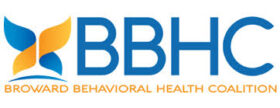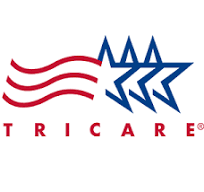Trauma and PTSD
A traumatic event is a shocking, scary, or dangerous experience that can affect someone emotionally and physically. Experiences like natural disasters (such as hurricanes, earthquakes, and floods), acts of violence (such as assault, abuse, terrorist attacks, and mass shootings), as well as car crashes and other accidents can all be traumatic. Post-Traumatic Stress Disorder (PTSD) is a more severe form of trauma, as trauma usually subsides after due time, but if it Is prolonged and affects are still present, an individual may be diagnosed with PTSD.
There are a number of symptoms that are associated with trauma and PTSD. An individual may experience 1-2 of these symptoms, while others may experience several. Some symptoms of trauma and PTSD include stress, difficulty or lack of sleep, flashbacks to the traumatic event, trouble concentrating, feeling angry or irritable, and/or experiencing head or stomach pain.
Trauma typically subsides with time following a traumatic event, so medical interference is not always necessary. A few ways to cope with trauma include talking to someone, avoiding alcohol and drugs, spending time with loved ones and friends, and sticking to a schedule. Since PTSD is a prolonged form of trauma, medical help is typically recommended. PTSD can be treated in a few different ways including Cognitive Behavioral Therapy, medication, exposure therapy and cognitive restructuring, although a medical professional may create a more personalized course of action on a case-by-case situation.
We offer a number of different therapies and consulting that can help with you or a loved ones concerns with Trauma and PTSD. Trust that you are in good hands. These are our therapists who treat Trauma and PTSD.
Team Members
Read More

Insurances We Accept
If you have an insurance that is not listed here, please contact us at 561-774-8225. We are in-network with several other insurances!





















